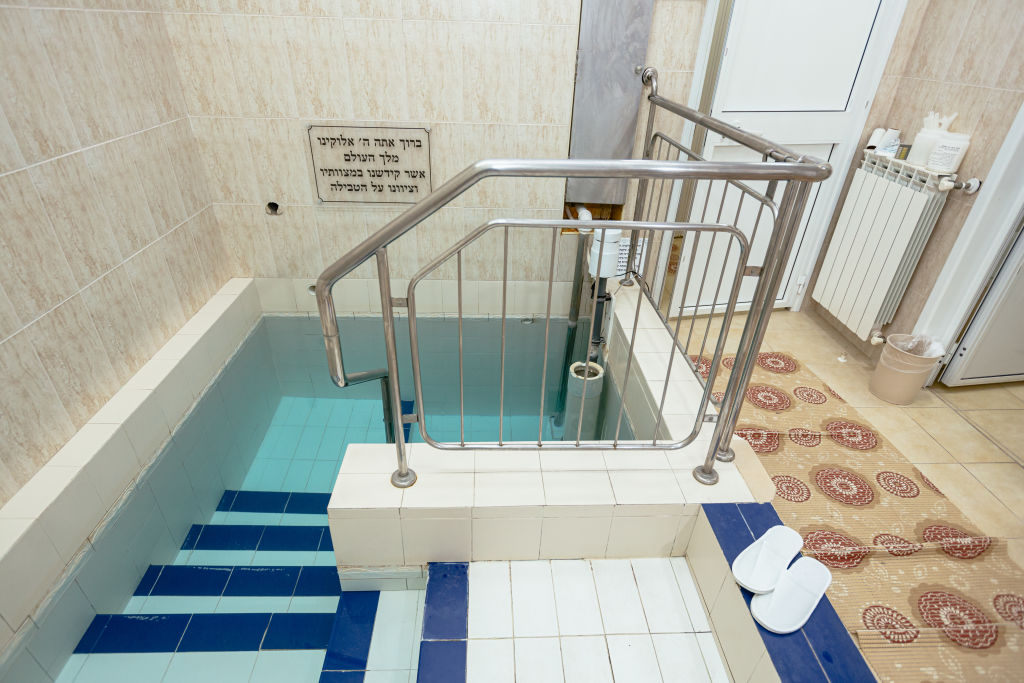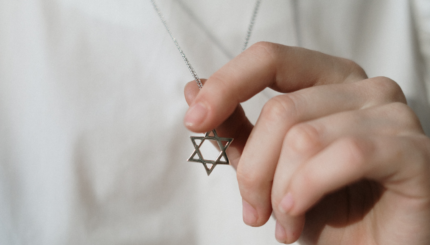Excerpted with permission from Choosing a Jewish Life: A Handbook for People Converting to Judaism and for Their Family and Friends (Schocken Books).
Although mikveh is a beautiful and spiritually powerful ritual, Jews-by-choice are sometimes dismayed by the informal, even perfunctory, atmosphere that prevails at most mikva’ot. In Orthodox practice (and the mikveh is usually an Orthodox place), the emphasis tends to be on the letter rather than the spirit of the law. The lack of decorum (much less ceremony) reflects the Orthodox view that spiritual transformation is an altogether interior event that requires little if any public acknowledgment. The attendants may be brusque, people may be chatting casually in the hallway as you enter the water, and you may even feel rushed so that the next person can get into the water.
To help you focus on the experience of mikveh and the step you are taking, prepare yourself by:
– Visiting the mikveh in advance, if possible.
With your help, My Jewish Learning can provide endless opportunities for learning, connection and discovery.
– Making sure you know what’s going to happen. Ask the rabbi to go over the ceremony, down to the last detail: Where will he/she and the other witnesses be standing? What happens if you blank out on the blessings? (You won’t, but it’s reassuring to know “what if.”) Where will your fiancé be during your immersion?
– While you’re showering or (better still) soaking in a bathtub, take a few minutes for deep breathing, prayer, or meditation. Bring something appropriate to read.
– Bring people with you. Generally, a spouse or fiancé will accompany his or her beloved to the mikveh, but others may come as well. Although some people prefer to savor this moment in private, others arrive at the mikveh accompanied by welcoming in-laws, supportive family members, mentors, and friends from conversion class. If you wish, guests of the same sex can come into the room containing the mikveh while you immerse. (This is common during the conversion of children.)
– Plan the day around your mikveh. People tend to underestimate the power of the ritual and the need to pause and savor it. If possible, take the whole day off. Or at least schedule some time after the mikveh for a walk in a park or a festive meal with your partner and/or rabbi and other guests.
– Remember that the more intention–in Hebrew, kavvanah–you bring to your mikveh, the more memorable and meaningful it will be.
You can find personalized mikveh ceremonies like this one on ritualwell.org.
mikveh
Pronounced: MICK-vuh, or mick-VAH, Alternate Spelling: mikvah, Origin: Hebrew, Jewish ritual bath.



